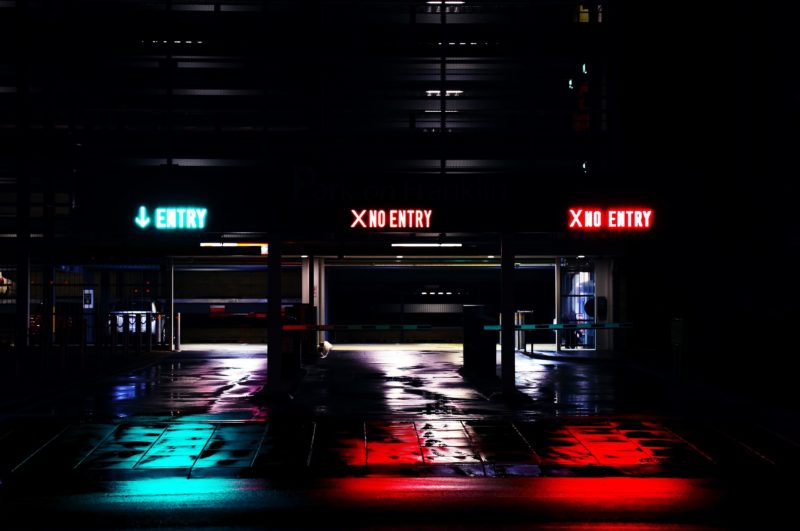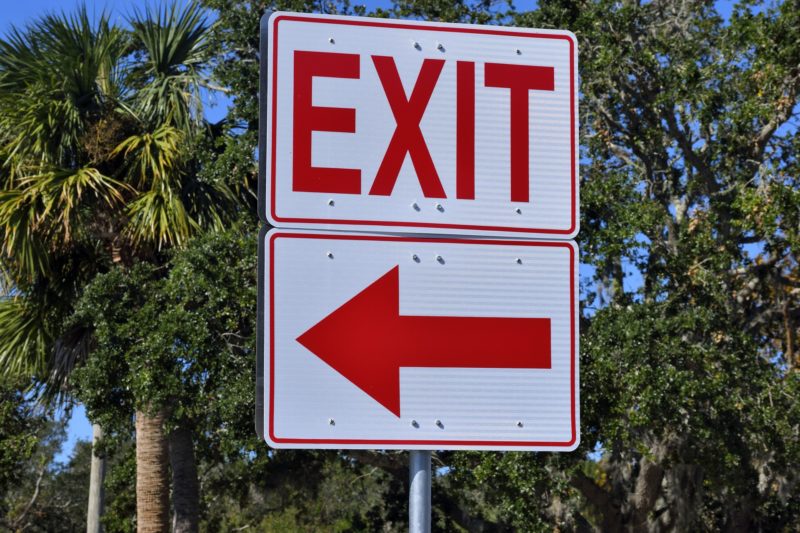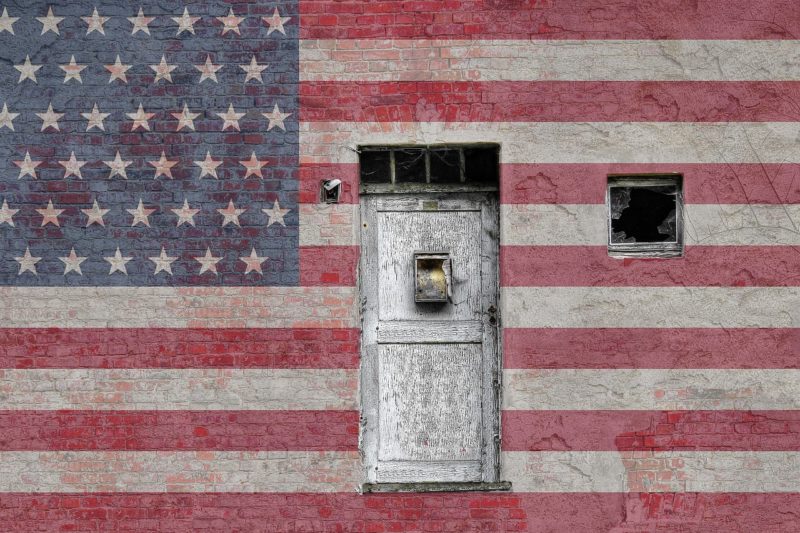
Stories of the Week 27 January

In more shocking proof of the incredible global inequality we find ourselves in, figures released this week show that 26 people – think about that number for a moment – that number of people wouldn’t even half fill a single decker bus but they have the same wealth as 3.8 billion people. That’s right, 3.8 billion people. That’s a lot of buses. The Press wonder how long this inequality can and will continue.

If Brexit was a motorway, the carriageways in both directions would be littered with pile ups but still no delays.
Theresa May’s deal is seemingly even further away from parliamentary approval and there are reports of her withdrawing the Human Rights Act. Germany would like the UK to think again.

Airbus, Ford and Sony are among a host of companies either pushing the exit button or threatening to leave with a NO-Deal Brexit. Some Leavers are actually leaving too with Brexit hero Dyson becoming Brexit zero after jumping ship to Singapore.

Theresa May attempted to fix the tricky back stop issue by trying to rewrite the Good Friday Agreement. In other worrying reports there are 700 MI5 Officers in Belfast and Ireland has pointed out the potential for uniformed guards on a hard border.
Now at long last after the pile ups come the consequences. All sides of the Press and all sides of Brexit are coming to an uneasy agreement that Article 50 will need to be extended. Now there’s a surprise.

It all became too much. So much so that the Queen intervened although Rees-Mogg said NO 10 asked her to get involved.

An old friend of Brexit, Nigel Farage, returned this week with talk of a new party.

Borders seemed to be the centre of attention outside Ireland too. Trump’s US Government shutdown came to a temporary end for three weeks even though there is still no movement on financing his border wall.
President Trump also decided to exercise his powers across borders by backing the opposition in Venezuela creating civil unrest and a political upheaval along the way.

This week saw new moves to combat the rising and deadly problem of drug resistant superbugs that could bring medicine back into the dark ages and savagely reduce human life expectancy. In what is seen as a two-pronged approach, Doctors have been set targets to reduce antibiotic use and pharmaceutical companies are to be given large financial sums of money to produce the next generation of antibiotic drugs.



